President Muhammadu Buhari is a son of history. He has been in enviable positions to make history and has continuously made history with ease. Among other records, Buhari would forever be remembered as the first man to democratically unseat an incumbent president in Nigeria.
Buhari is also the only Nigerian who has been head of state, governor, two-time minister, and president. Not even Olusegun Obasanjo can boast of such a historic run.
In the business sense, Buhari becomes the first president to have lifted Nigeria by as much as 24 places in the World Bank ease of doing business report, when he did so in 2017. Nigeria, for the first time, was among the 10 most improved business environment in the world, according to the World Bank.
On Wednesday, March 21, 2018, Buhari and in this case, Nigeria, had yet another opportunity to lead Africa into a new day, where intra-Africa trade will be one of the biggest intracontinental trade anywhere in the world. Nigeria was expected to show up and sign the Continental Free Trade Agreement (CFTA), which would “create a single continental market for goods and services, with free movement of business persons and investments” and bring together “fifty-four African countries with a combined population of more than one billion people and a combined gross domestic product of more than US $3.4 trillion”. The agreement is also expected to boost the level of intra-Africa trade from the current 14 percent to over 52 percent by 2022.
Advertisement
But President Buhari said “no” to the biggest leap in Africa’s economic history since the turn of the millenium.
“Nigeria fully recognises and appreciates the efforts of the African Union Commission so far, regarding the implementation of a sustainable Continental Free Trade Agreement(CFTA) for Africa,” the president tweeted on Wednesday.
“We also acknowledge that our continental aspirations must complement our national interests… As Africa’s largest economy and most populous country, we are committed to ensuring that all trade agreements we sign are beneficial to the long-term prosperity of the continent.
Advertisement
“We are therefore widening and deepening domestic consultations on the CFTA, to ensure that all concerns are respectfully addressed. Any African Free trade agreement must Fairly and Equitably represent the interest of Nigeria, and indeed, her African brothers and sisters.
“We will not agree to anything that will undermine local manufacturers and entrepreneurs, or that may lead to Nigeria becoming a dumping ground for finished goods,” Mr. President concluded.
OBASANJO THINKS THIS IS CRIMINAL ON BUHARI’S PART
Africa has looked forward to this day for years. For over 16 years, I have read different documents, highlighting the benefits of an African free trade agreement. Its challenges and immense benefit. I presume that the president who made some commitments to the pact should have done the same. To pull out 72 hours before the pact may prove Obasanjo right.
Speaking in Kigali on Tuesday, Obasanjo said: “I am surprised that any African leader at this time would be doubting or debating the benefits of what is going to be signed here and fail to show up. I find it criminal.”
Advertisement
It is more disturbing to me that Nigeria had made a decision on this, the federal executive council (FEC) also gave a nod, and Africa was set to take a quantum leap, then the president withdrew on the accounts that we needed two more weeks to widen and deepen consultations for a pact that has been in motion for years!
CFTA SECRETARIAT PLANNED TO BE IN NIGERIA
Chiedu Osakwe, the chief trade negotiator for Nigeria and director-general of the Nigerian office for trade negotiations, who is leading the agreement talks as the chairman of the CFTA negotiating forum for the continent also supports the pact, which would ensure Nigeria’s further prosperity.
In fact, he says he has got the mandate of the FEC and the President to bid for the CFTA secretariat, which would lead the continent on this historic pact. The presence of the secretariat in Nigeria will create jobs in the country, and set Nigeria ahead as the continent’s prime economy.
DANGOTE, IYIN ABOYEJI, ATEDO PETERSIDE AND THE REST OF US
Today, 10 percent of Nigeria’s gross domestic product (GDP) is from ICT. Nigerian minds in ICT, the likes of Iyin Aboyeji of Flutter Wave and Andela, Bosun Tijani of Cc-Hub, will probably be disappointed with the drawback by the president on seeing to the next leap in Africa’s future as a global geopolitical force to reckon with as regards intracontinental ICT development. For these minds, it is easier to work with the US than it is to work with African countries.
Advertisement
On the national business side, I understand that the federal government set up a public-private team to look into Nigeria’s trade priorities and agreements. The team includes Vice-president Yemi Osinbajo; Okechukwu Enelamah of the ministry of trade and investments; Aliko Dangote of Dangote Group; Atedo Peterside, former chairman of Stanbic IBTC; who gave their blessings for CFTA. So one must ask, why the cold feet from the presidential palace?
In 2016, Dangote highlighted the difficulty of doing business across Africa, stating that he needed 38 visas to transverse the continent. He also added that the intracontinental trade was poor.
Advertisement
“Somebody like me, despite the size of our group, I need 38 visas to move around Africa. Yes, I’ve heard that they are going to do the (African) passport, but you can see that there is still a little bit of resistance from other African leaders,” he said.
In Rwanda on Wednesday, 44 countries signed the pact, while 27 countries agreed to ease mobility of people across the continent by signing the protocol on movement of people across Africa. But here, Nigeria was missing, again.
Advertisement
Today, the rest of us are asking for explanation: we cannot just fail to provide leadership for Africa, and decide to pull out of the biggest trade agreement in the history of World Trade Organisation (WTO).
Mr. President, this is a chance to make history, and not just for the sake of it, but for the prosperity of our continent.
Advertisement
Follow Tijani me on Twitter and across other major social media platforms @OluwamayowaTJ.
1 comments

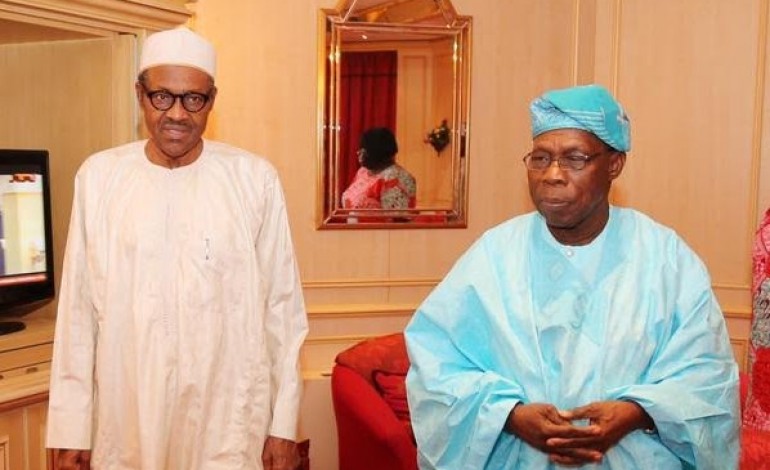
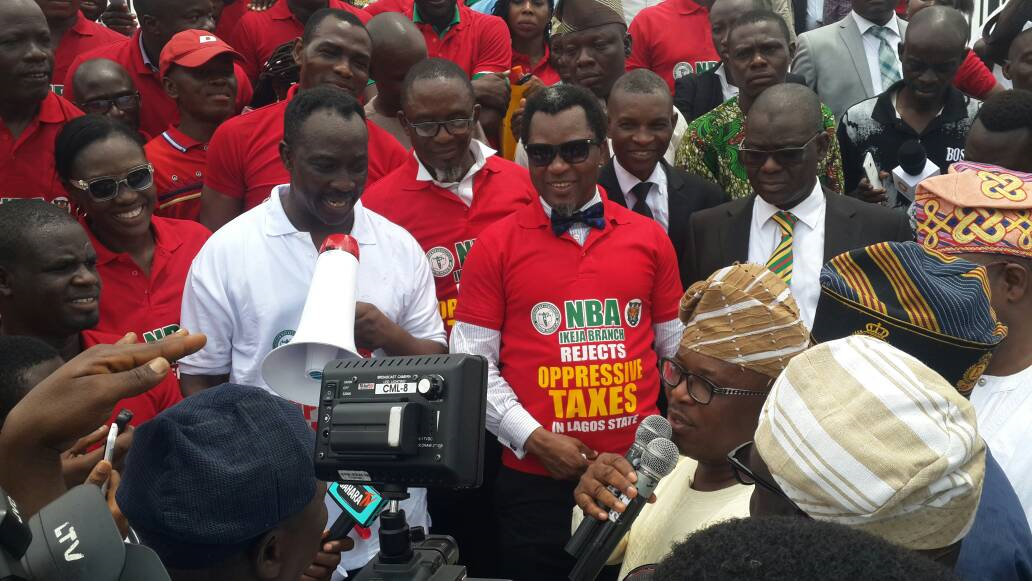
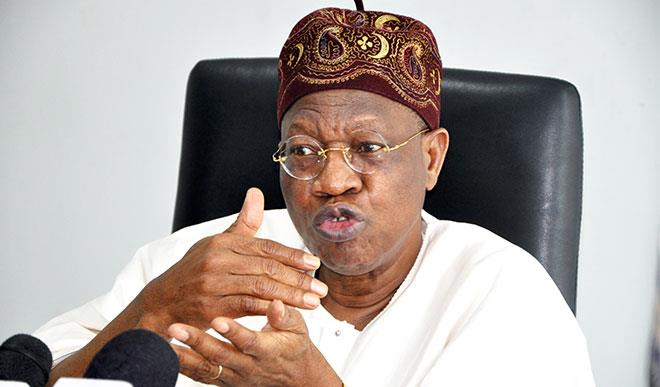
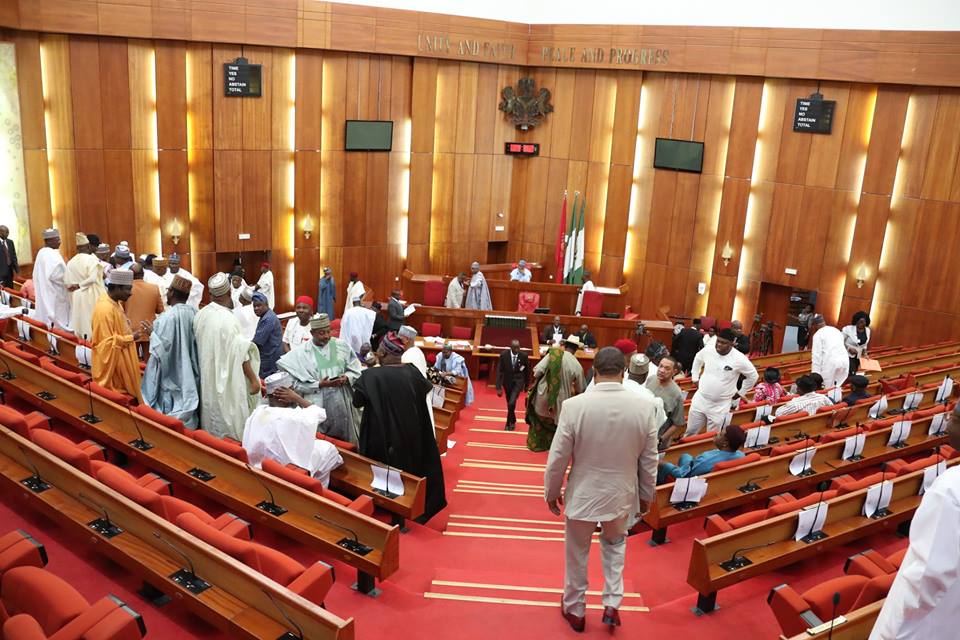
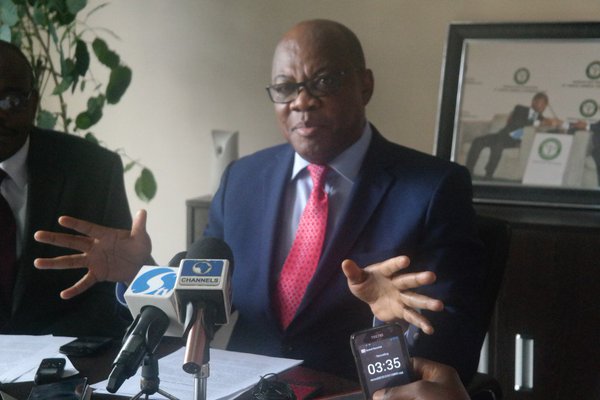


Mayowa, President Buhari is right in seeking some more consultations on this issue. There needs to be clauses to protect the Nigerian market.
Nigeria’s claim to leadership in Africa is purely on paper. In reality, borderless markets comes with competing against vastly more empowered corporations especially from Egypt and |south Africa. Think about this: The total value of Nigeria’s stock market is about $ 40 Billion. The South African stock market is $ 1 trillion. This means quoted companies in SA are 2o times wealthier. One South African bank is as big as almost all of Nigerian banks put together. The South African national budget is six times Nigeria’s budget etc. Going into an open market battle means South Africa companies are many times more empowered than ours. The market will be skewed in their favour. We already see that today even without free borders. As he has said publicly, Buhari is not against free borders, but rather there should be clauses placed in there to protect each nation and ensure they grow. One more thing, dont mind the economic stats that tells you Nigerias GDP is bigger than South Africa’s. That too is on paper. In reality, South Africa is still far ahead on every indices that makes up an economy- Power, seaports, rails, roads, number of vehicles, usage of fuel, etc. When integrity gets into NBS and NPC we will see major statistical corrections.